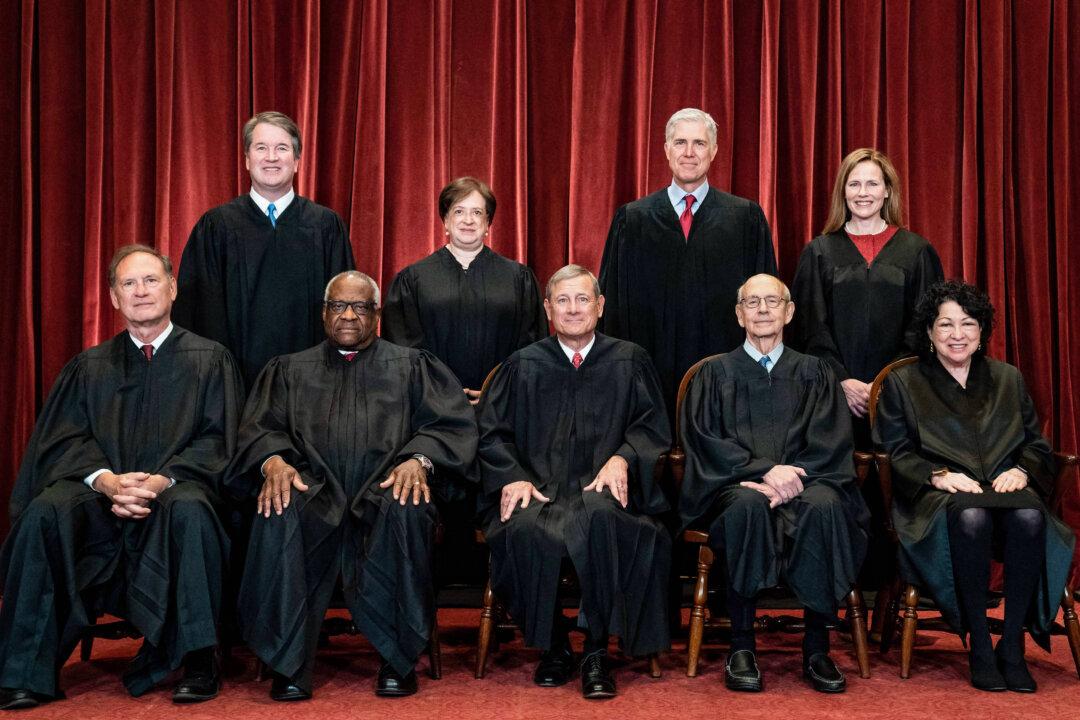A majority of the Supreme Court on Thursday allowed a transgender individual to continue to participate in a girls’ track team as a lower court considers the case—but two justices dissented.
Justice Samuel Alito, in an opinion (pdf) backed by Justice Clarence Thomas, wrote that the dispute that was dismissed on Thursday “concerns an important issue that this Court is likely to be required to address in the near future.” They noted that the issue stems from whether states can restrict “participation in women’s or girls’ sports based on genes or physiological or anatomical characteristics” in light of various laws that either block or allow transgender individuals to compete in female sports.





